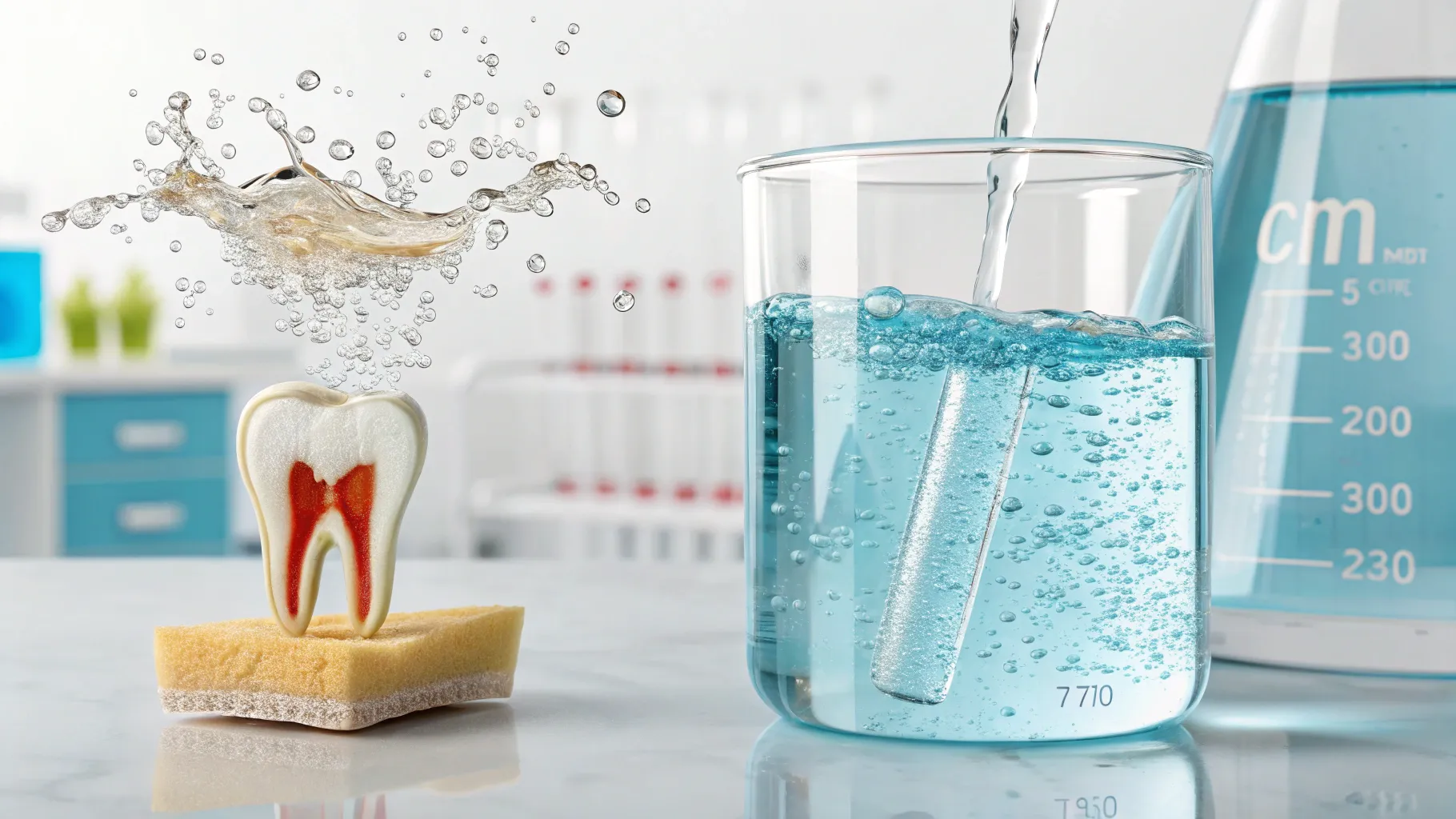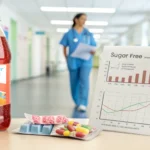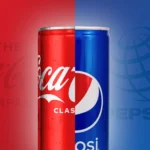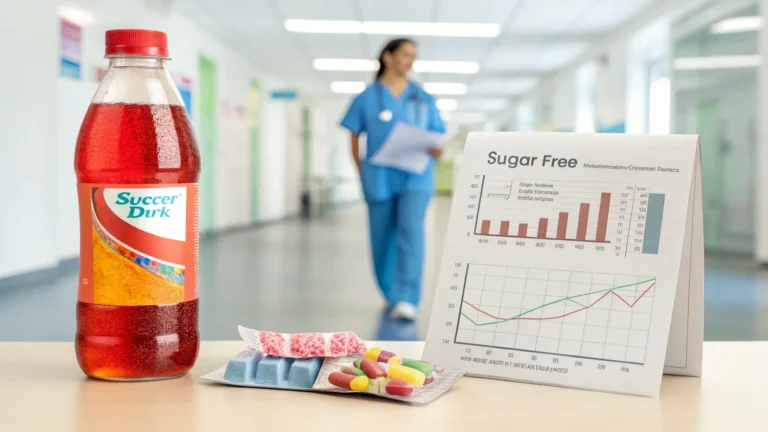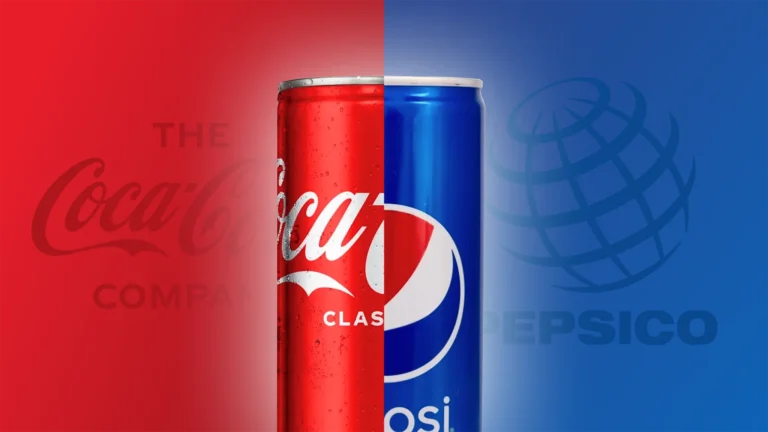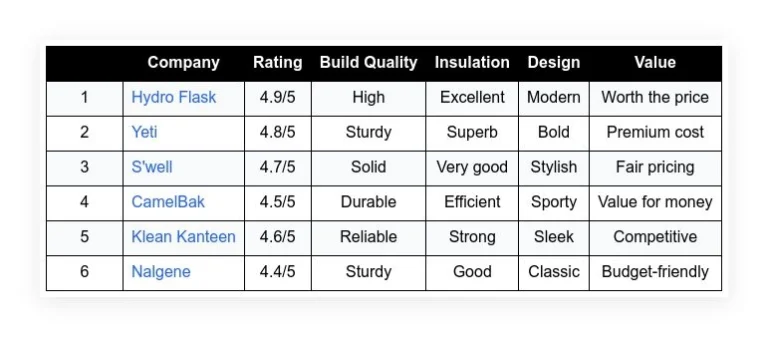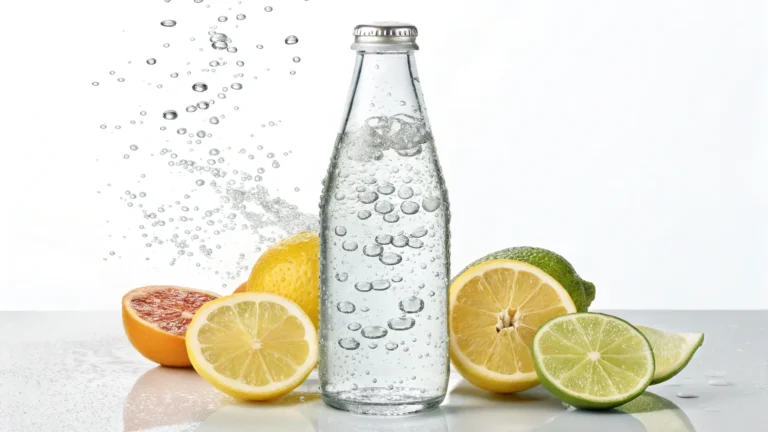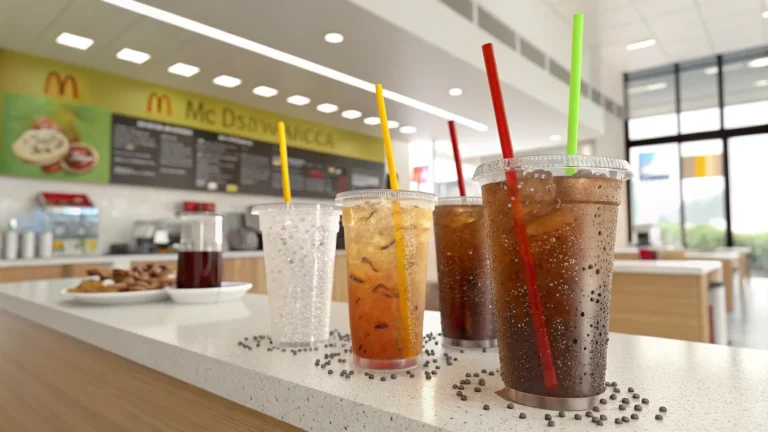A recent study has shed light on the effects of unsweetened carbonated water on tooth enamel. The research compared sparkling water to soda and fruit juice regarding their potential to damage teeth. While many people assume that the acidity of carbonated drinks can add to tooth enamel loss, the findings suggest that unsweetened carbonated water is not nearly as harmful as one might expect.
Overview Of The Study
The study was published in 2016 in the journal of the American Dental Association. It compared the effects of plain water and sparkling water on donated teeth. Researchers immersed the teeth in containers filled with either regular water or sparkling water. Their aim was to measure the level at which the liquids attacked the mineral content of the tooth surface.
The results showed that even though sparkling water is slightly more acidic than plain water, its effect on tooth enamel remained similar. The study implies that the slight acidity found in unsweetened bubbling water might not be a major concern for dental health. This news is particularly refreshing for individuals who prefer sparkling water over other drinks known for their high acidity and sugar content.
Key Findings And Research Details
Experts have noted the following important points from the research:
- Comparison to Other Beverages: Unlike soda or fruit juice, unsweetened carbonated water does not show significant erosive properties against tooth enamel.
- Slight Acidity: Sparkling water has a mildly acidic nature. However, its erosive potential is not greater than that of plain water.
- Research Methodology: Donated teeth were used and submerged in different liquids to measure enamel demineralization.
- Study Publication: The study was featured in a reputable dental journal from the American Dental Association in 2016.
Implications For Everyday Choices
The study offers comfort to those who enjoy carbonated water without the worry of dental erosion that often accompanies sugary and highly acidic beverages. Sparkling water provides a refreshing alternative for individuals wanting an effervescent drink without compromising their dental health.
Because soda and fruit juice have long been linked with higher rates of enamel damage, this finding is a reassuring reminder for those seeking healthier lifestyle choices. Many dental professionals advise patients to reduce their intake of sugary drinks, and this research supports the idea that unsweetened carbonated water could be a desirable substitute.
The Role Of Tooth Enamel In Dental Health
Tooth enamel plays an important role in protecting teeth from damage. It is the hardest part of the tooth; however, it is not immune to erosion. Acidity from various beverages can erode the enamel gradually over time. Once enamel is lost, it cannot be replaced. That is why even small differences in beverage composition matter.
The value of this study lies in its careful approach to comparing the acidic properties of different drinks. Understanding that sparkling water’s acidity is only slightly higher than plain water means that regular consumption is less likely to lead to noticeable damage. Oral health experts have long warned about the risks of high-acid drinks, but this research helps clarify that not all bubbly beverages pose the same risk.
Considerations On Drinking Habits
Individuals often choose sparkling water for its clean taste and refreshing bubbles. Parents, young adults, and even older individuals may reach for a glass of sparkling water as a healthier alternative to sodas frequently found in stores. Because it does not contribute to enamel erosion at the same rate as sugary beverages or fruit juices, sparkling water can play a part in daily hydration routines without the same concerns.
Dental experts recommend that even those who drink sparkling water should maintain good oral hygiene. Brushing teeth regularly and using floss can help protect the enamel even further. The reassurance provided by this study may lead to more informed choices in everyday beverage consumption.
Examining The Study Methodology
The research involved a clear methodology that adds credibility to the findings. Donated teeth were submerged in two types of liquids. One set of teeth was assigned to regular, plain water while the other set was immersed in unsweetened carbonated water. This design helped isolate the impact of carbonation and acidity on the tooth enamel.
The study provided a side-by-side comparison. Any differences in enamel erosion were carefully noted and recorded. The precise measurement techniques used ensured that the conclusions were based on clear data rather than assumptions. Both liquids showed similar behavior in terms of enamel demineralization. This result encourages further analysis of everyday drinks and their actual health effects.
Insights From Dental Associations
The American Dental Association (ADA) has contributed crucial insights by promoting research that helps determine the actual risks associated with various beverages. The ADA supports work that challenges common perceptions about everyday drinks. The publication of this study in the ADA’s journal highlights the importance of evidence-based decisions when it comes to public health and dental care.
The findings in the ADA study have been shared by dental professionals during community outreach and counseling sessions. They now have additional data to recommend unsweetened carbonated water as a beverage with a lower risk for tooth enamel compared to high-sugar options.
What The Research Means For Consumers
The study’s results have practical applications for everyday consumers. By showing that unsweetened carbonated water does not erode tooth enamel more than plain water, the research offers a practical perspective. People who desire a fizzy drink with minimal health risks can boost their confidence in making sparkling water a regular component of their diet.
This discovery is particularly useful for individuals watching their oral health. The reassurance that sparkling water is not significantly more erosive than plain water could impact choices in schools, offices, and homes. Consumers can enjoy their preferred drink without the worry that it will lead to faster enamel loss.
Additional Perspectives On Beverage Choices
Anecdotal insights from dental clinics suggest that many patients already avoid soda due to its high sugar content and known acidic properties. This latest research offers additional clarity on the comparative safety of various drinks. It underscores how the beverage industry has options beyond the common sugary drinks that are linked with tooth erosion.
Advanced studies have also compared the effects of flavored sparkling waters versus unsweetened varieties. Thus far, it appears that unsweetened options produce fewer risks to enamel health. Flavored versions might contain additives or extra acids that could alter their impact on the teeth. As always, a cautious approach to beverage selection is advised.
Supporting Details And Expert Commentary
Several dental professionals have commented on the findings. They note that while any acidic drink may cause a gradual loss of enamel, the extent of the damage is often overestimated. The data suggest that everyday choices matter significantly. In the case of unsweetened sparkling water, the minor acidic difference does not result in increased harmful effects on enamel.
Experts emphasize that conditions such as tooth sensitivity, dry mouth, and other factors also play a role in enamel health. Therefore, it is beneficial for consumers to time their drinks and follow good oral care practices. For instance, waiting a short period before brushing after consuming acidic drinks can also help reduce the risk of enamel wear.
“The slight acidity of unsweetened carbonated water does not translate to notable enamel loss when compared to plain water. This finding aligns with clinical observations and reinforces the idea of moderation in beverage consumption.” – Dental Health Expert
Practical Advice For Maintaining Oral Health
While the study provides evidence that unsweetened sparkling water does not pose significant risks, it is always advisable to practice good dental habits. Regular dental checkups, proper brushing techniques, and a balanced diet are critical to maintaining healthy teeth and gums.
It is helpful for consumers to understand that beverage choices represent just one part of overall dental care. Regular visits to a dental professional can help catch any issues early. Maintaining routine oral hygiene is essential regardless of the beverage type preferred.
Consumers are encouraged to view unsweetened carbonated water as a viable alternative to more acidic or sugary drinks. The simplicity of plain water is matched by that of sparkling water in terms of enamel preservation, according to the research findings.
The Broader Context And Future Research Directions
This study adds to a growing body of research on how everyday beverages affect dental health. The focus on unsweetened carbonated water provides clarity at a time when many people are turning to healthier drink options.
Future research may explore the effects of flavored carbonated waters or the long-term impacts of daily consumption. As scientists refine their methods, further details are expected to emerge. These additional studies could offer even more precise guidelines for consumers. For now, the current study provides a solid foundation for understanding the relatively low risk posed by unsweetened carbonated water.
In research communities, these findings serve as a reminder that everyday habits can be guided by careful scientific inquiry. With further evaluation of different beverages, dental professionals may one day offer an even wider range of safe drink options for patients.
Summary And Conclusions
The study discussed here highlights that unsweetened carbonated water has minimal impact on tooth enamel when compared to plain water. Its slight acidity does not lead to higher levels of enamel erosion beyond what is seen with regular water. The investigation was carried out using donated teeth, providing a controlled means to compare the effects of different liquids.
This research offers important insights for those who are careful with their dental health. Sparkling water appears to be a safe option, especially when compared to soda or fruit juice. Dental associations have used this study to support healthier beverage choices and to reassure the public about the effects of unsweetened carbonated water on enamel.
The data advocated by dental experts align with the everyday observation that a light, effervescent drink can serve as a practical choice when combined with regular oral hygiene. People who enjoy a bubbly drink can do so with minimal concern for enamel degradation. Ultimately, the study provides reassurance that unsweetened carbonated water is an acceptable alternative in a balanced diet.
The key takeaway is clear: unsweetened carbonated water, despite its slight acidity, does not inflict additional harm on tooth enamel than plain water does. Consumers looking to maintain good dental health have another reason to consider this beverage as part of a daily hydration routine.
Frequently Asked Questions
Q: Is sparkling water harmful to tooth enamel?
Research shows that unsweetened sparkling water has a similar effect on tooth enamel as plain water. Its mild acidity does not lead to significant enamel erosion.
Q: How does unsweetened carbonated water compare to soda?
Unlike soda, which often contains sugars and higher acid levels, unsweetened carbonated water poses a much lower risk for enamel damage.
Q: What dental practices can help protect enamel?
Good practices include brushing regularly, flossing, and scheduling routine dental checkups. These habits help maintain enamel health regardless of beverage choices.

